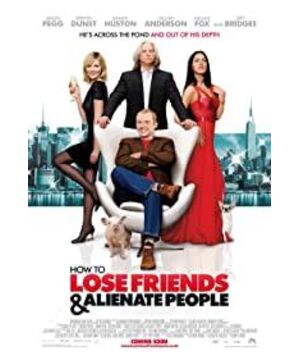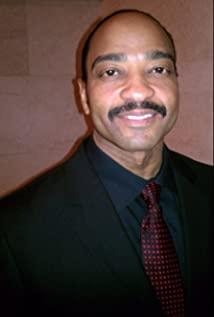For Sydney Young, a daring entertainment journalist with a master's degree in philosophy, who was born in a scholarly family, and moved from London to New York, his work experience at the top Sharp magazine was a process that destroyed three views. At first, he refused to revise the draft according to flack (the propagandist), and refused to flatter the new director he called idiot... This British angry youth and journalistic idealist obviously did not understand the way to the upper class.
But he knelt down in the rain to flack and idiot, whom he dismissed—not because of their talent, but because of their reputation and the "materials" at their disposal, just for a chance to do a biography for them. With more and more celebrities, brands, and clients coming to visit, Sydney Young quickly became a gold medal writer and a prosperous entertainment reporter. He moved from the minority wife's rental house into a single-family mansion, put on a famous watch and a high-end suit, and even the proud New York woman was thrown into his arms - the door to success opened to him, but in a way that he way never thought of.
At this point in the movie, the three views of the protagonist have been destroyed, and as the audience, we seem to have seen a world that has removed the disguise and is more realistic than reality in the sound and light movie.
In the end, Sydney Young managed to lose friends and isolate himself, but he found true love and gave her his mother's ring. Those who, like Sydney, have talent and paranoia, who used to be duplicitous in Vanity Fair, but only to get a place in the mix, have also sided with him one after another, bringing a happy ending to a story that was once almost out of control.
The film inherits the classic structure of European and American short stories: unexpected, reasonable. The reality is not as good or as bad as imagined.
What is the path to success and happiness? Lawrence, the former deputy editor-in-chief of Sharp magazine, can abandon her old lover and marry the daughter of the magazine's founder to gain status. Eleanor, the star behind the scenes, maintains her status in the arena through relationships and social means, and young actress Sophie Maes has enough capital to dump the audience. , became the muse of directors and designers, and the cutting-edge director Vincent Lepak bluffed with a pair of sunglasses. In Vanity Fair, everyone wants to stand out and show their own way, but how many people can really be called success?
As the landlady Mrs. Kowalski said, "Hollywood is the root of all evil," is good, but I'm not so pessimistic. The staggered staggering of funds is a play, the illusion will eventually be shattered, and the truth, the good and the beautiful will be cherished, and only excellent directors and talented actors can leave an eternal reputation and figure. Isn't that what this movie tells us about How to Win Friends & Influence People?
View more about How to Lose Friends & Alienate People reviews











